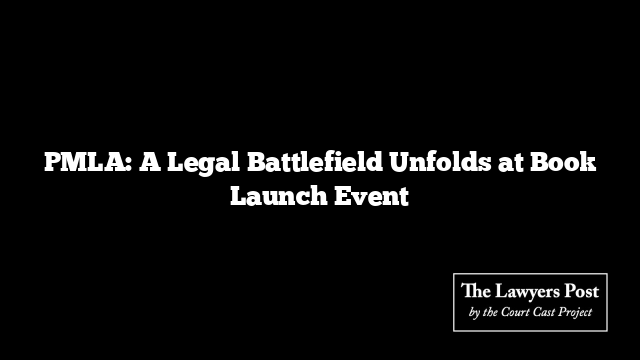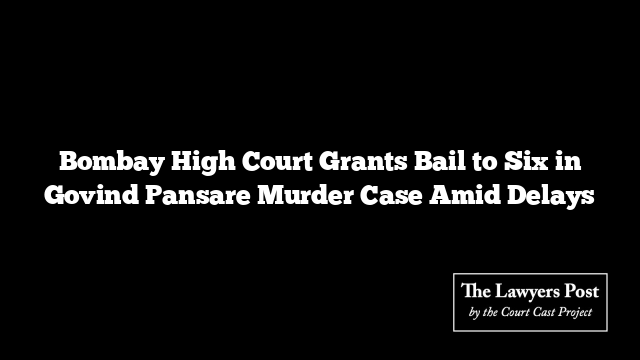The recent unveiling of Prevention of Money Laundering Act, 2002: A Practitioner’s Guide by Jai Anant Dehadrai became more than just a book launch—it transformed into a deep dive into the legal and ethical complexities of India’s money laundering laws. Hosted by Eastern Book Company, the event saw some of the country’s most prominent legal minds dissect the Prevention of Money Laundering Act (PMLA) and its far-reaching implications.
Justice JK Maheshwari, Supreme Court judge, set the tone by calling PMLA a “cornerstone of India’s legal framework,” emphasizing its necessity in combating financial crimes while also acknowledging the need for balanced enforcement. His words underscored the broader debate surrounding the act’s stringent provisions, particularly concerning personal liberty and due process.
The panel discussion, titled Procedural Fairness in PMLA, spotlighted key issues plaguing the law’s implementation. The question of bail under PMLA was a major point of contention. Senior legal experts argued that while the act aims to prevent illicit wealth accumulation, its strict bail conditions often lead to prolonged incarceration of individuals before conviction. One speaker noted that instead of focusing on seizing the actual proceeds of crime, enforcement agencies frequently target unrelated assets, raising concerns about overreach.
The Enforcement Directorate’s sweeping powers also came under scrutiny, with discussions on the controversial reintroduction of restrictive bail provisions under Section 45, despite the Supreme Court striking them down earlier. Panelists debated whether investigative agencies were using the law as a coercive tool rather than a means of justice.
Another critical topic was the use of Lookout Circulars (LOCs), which can prevent individuals from leaving the country without formal charges. While some defended LOCs as a necessary tool to ensure cooperation in investigations, others warned that they risk being weaponized against individuals without sufficient legal justification.
Justice Maheshwari and Solicitor General Tushar Mehta emphasized that while PMLA is a powerful tool against financial crimes, its application must align with constitutional safeguards. Mehta highlighted that India’s adherence to global anti-money laundering frameworks impacts its financial credibility on the world stage. However, he also acknowledged concerns over selective enforcement, stating that courts exist precisely to check potential misuse.
Dehadrai, in his address, shared his motivation for writing the book—bridging the gap between complex legal provisions and practical application. His work aims to serve as a ready reference for legal practitioners navigating the intricate world of PMLA cases.
As the event concluded, the discussions left an undeniable impression: while PMLA remains essential in fighting financial crimes, its execution continues to stir intense debate in India’s legal corridors. The book’s release thus arrives at a crucial time, offering clarity in a legal landscape where procedural fairness and state authority often find themselves at odds.





